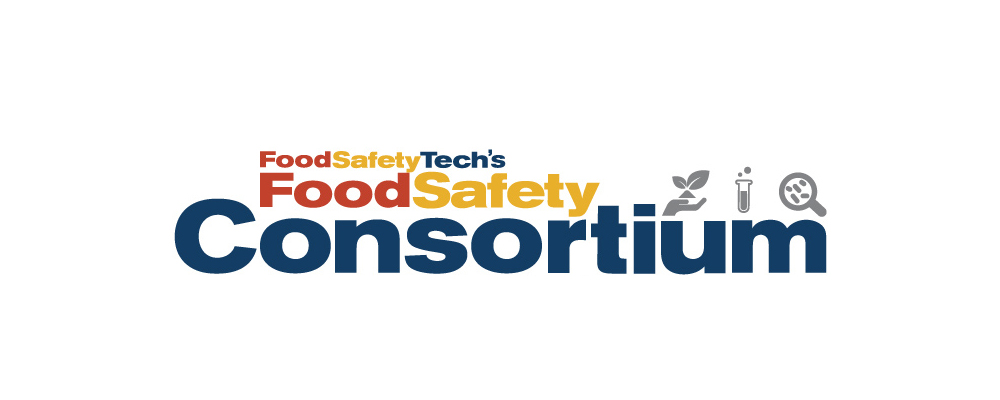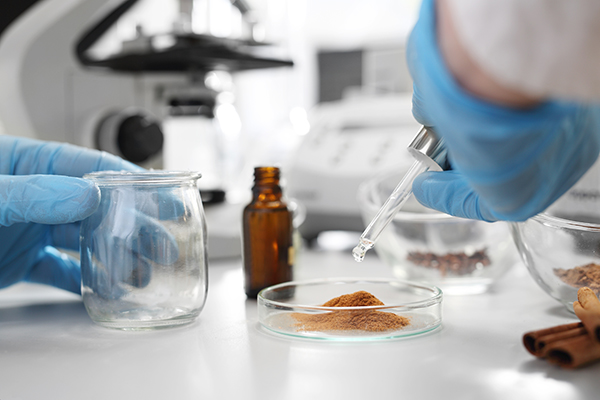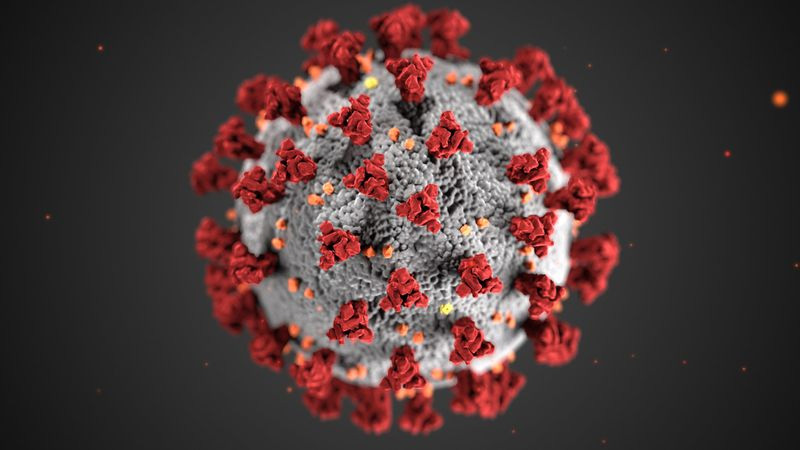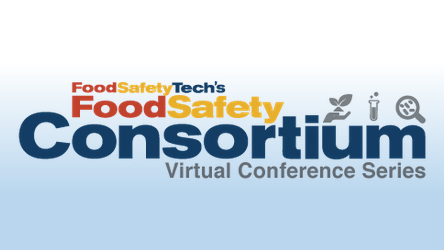

Experts discussed a range of global topics, with the organization’s commitment to food safety and sustainability being a key theme.

Experts discussed a range of global topics, with the organization’s commitment to food safety and sustainability being a key theme.

Oren Zaslansky, CEO of Flock Freight, discusses how more thoughtful food logistics strategies can ultimately save companies time and money, as well as get products to consumers faster.

New, automated food packaging solutions can help food and beverage manufacturers stay competitive and navigate rapidly changing market conditions.

The 2022 event will take place October 19–21 in Parsippany, New Jersey.

The challenges in food testing labs that arose in the past couple of years are still prevalent this year, but from adversity also comes innovation and change.

The pandemic continues to challenge the food industry from farm to fork, with some manufacturers struggling to keep up with consumer demand due to labor shortages and supply chain issues.

Business travel took a nosedive in 2020. Our latest survey aims to put a finger on the pulse of industry professionals and their ability to travel to events next year.

During the keynote presentation, PepsiCo will discuss how to manage food safety in a world filled with volatility, uncertainty, complexity and ambiguity.

Michael Sperber of UL Everclean discusses the evolving hurdles that the industry has faced over the past 15 months, and how technology can help foodservice and retail move forward.

Union representatives are concerned over the fact that the vaccines have not received full FDA approval. Companies continue to grapple with labor shortages.